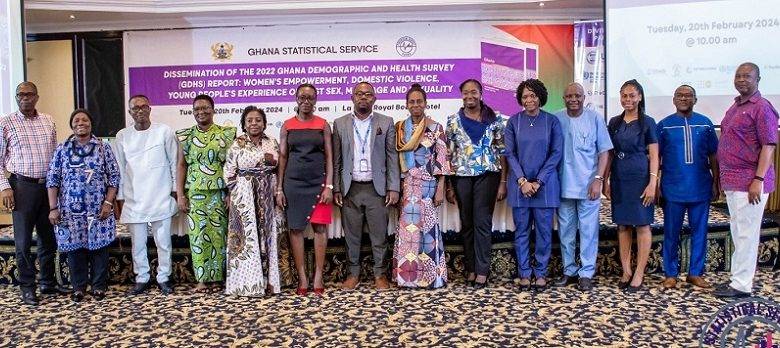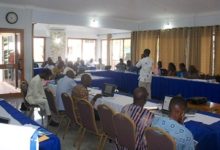
A study on reproductive health has revealed that most sexual education programmes are failing despite strong commitment from the government and civil society organisations (CSOs) to prepare the youth towards successful and healthy transition to adulthood.
According to the study, the failures resulted from the fact that most sexual education programmes are delivered to the youth late at adolescence stage, while most of these programmes do not recognise that many youth are in sexually active relationships.
Survey conducted in the Ashanti and Northern regions of Ghana also revealed that the youth in those regions have limited understanding on reproductive health rights and marriage.
Additionally, it said detailed and correct knowledge about sexual reproductive health was very low and open and clear communication between couples about sex was generally very low prior to the first sexual encounter.
The qualitative study embedded in the 2022 Ghana Demographic and Health Survey (GDHS) titled “Agency, Consent, and Coercion: Young People’s Experience of First Sex in Ashanti and Northern Regions in Ghana,” was conducted by the Ghana Statistical Service, in collaboration with Ministry of Health, Ghana Health Service with funding from United States Agency for International Development.
The key focus of the programme was ensuring these young people transition into adulthood in a healthy way that allows them to contribute to their full potential; also circumstances in which first sex occurs may shape life trajectories, health and wellbeing outcomes of the youth.
The study’s goal was to investigate the context in which young people engage in first sex, specifically regarding coercion.
It examined the knowledge and reproductive health and sexual behaviour between the ages of 15 and 29 in those regions.
There were 154 respondents, 12 (seven urban and five rural) clusters in Ashanti Region, 13 (seven urban and six rural) clusters in the Northern Region; 114 were young women and 40 were young men.
According to the study four in five respondents had first sexual experiences within intimate relationships.
Also one in five respondents had their first sex with someone they were not in a relationship with at the time.
All respondents in the Ashanti Region and all male respondents in the Northern Region reported having first sex when they were not married.
BY PRECIOUS NYARKO BOAKYE







